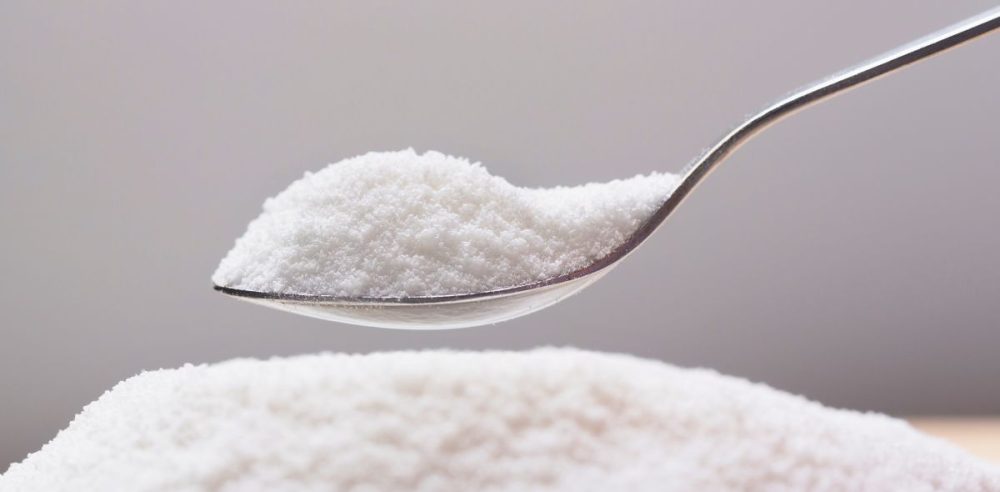A new study has sought to understand why consuming too much sucralose, the artificial sweetener often found in diet sodas, can cause weight gain.
Zero- or low-calorie foods and beverages have increasingly been linked to weight gain, with the World Health Organization advising against using sugar substitutes to manage weight loss in 2023. Now, a study that looked specifically at sucralose found that consuming the popular sweetener actually triggers an increase in appetite.
Researchers found that people who drank water mixed with sucralose experienced an increase in appetite by almost 20% versus those who consumed water with table sugar.
“Sucralose activates the area in the brain that regulates hunger, and that activation, in turn, is linked to greater ratings of hunger,” said Dr. Katie Page, the study’s lead author and an associate professor of medicine and pediatrics and director of the Diabetes and Obesity Research Institute at the University of Southern California’s Keck School of Medicine in Los Angeles, per CNN.
In the United States, sucralose is often found in Splenda sugar substitutes. While other sweeteners could have similar effects, the study only assessed sucralose, not other popular artificial sweeteners like aspartame.
While the WHO advises otherwise, Heartland Food Products Group, which manufactures Splenda, emailed CNN to say that sucralose remains an effective weight management tool.
“Low- or zero-calorie sweeteners like sucralose are recommended by healthcare professionals, food safety experts and credible health organizations for diabetes and weight management based on trusted scientific research showing that the impact of low- or zero-calorie sweeteners on body weight is similar to that of water, and that sweet-tasting products have decreased the want for additional sweets while also helping people manage weight, reduce intake of calories from added sugars, and manage blood sugar levels,” the spokesperson said.
Despite the study’s findings, medical experts don’t necessarily think reverting to sugar is ideal.
“I’m an endocrinologist so I see patients for diabetes and obesity… I would never say drink or eat more sugar,” said Page.
“Instead, I tell my patients to not rely on non-caloric sweeteners as a substitute for sugar and try to reduce the overall intake of dietary sweeteners in general.”


